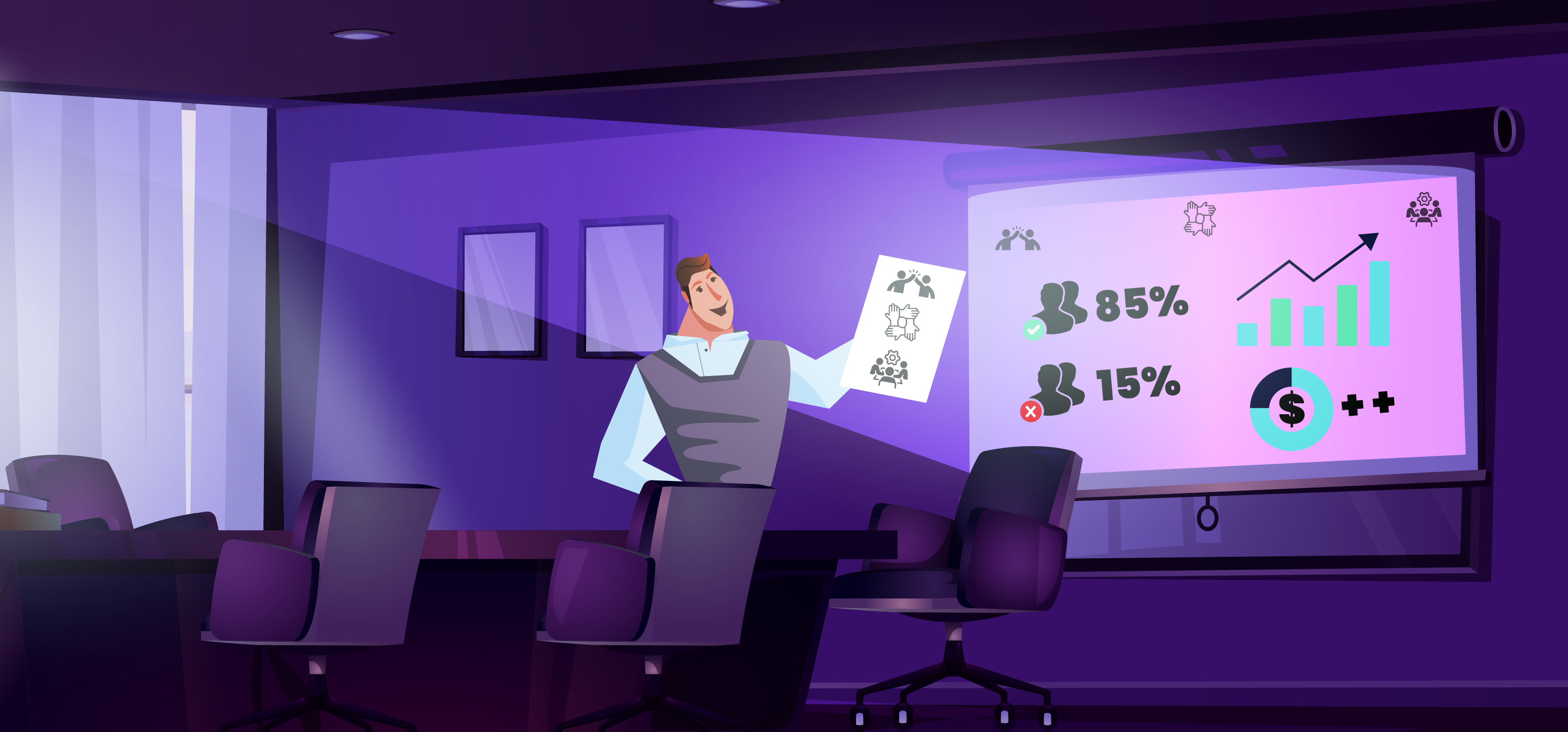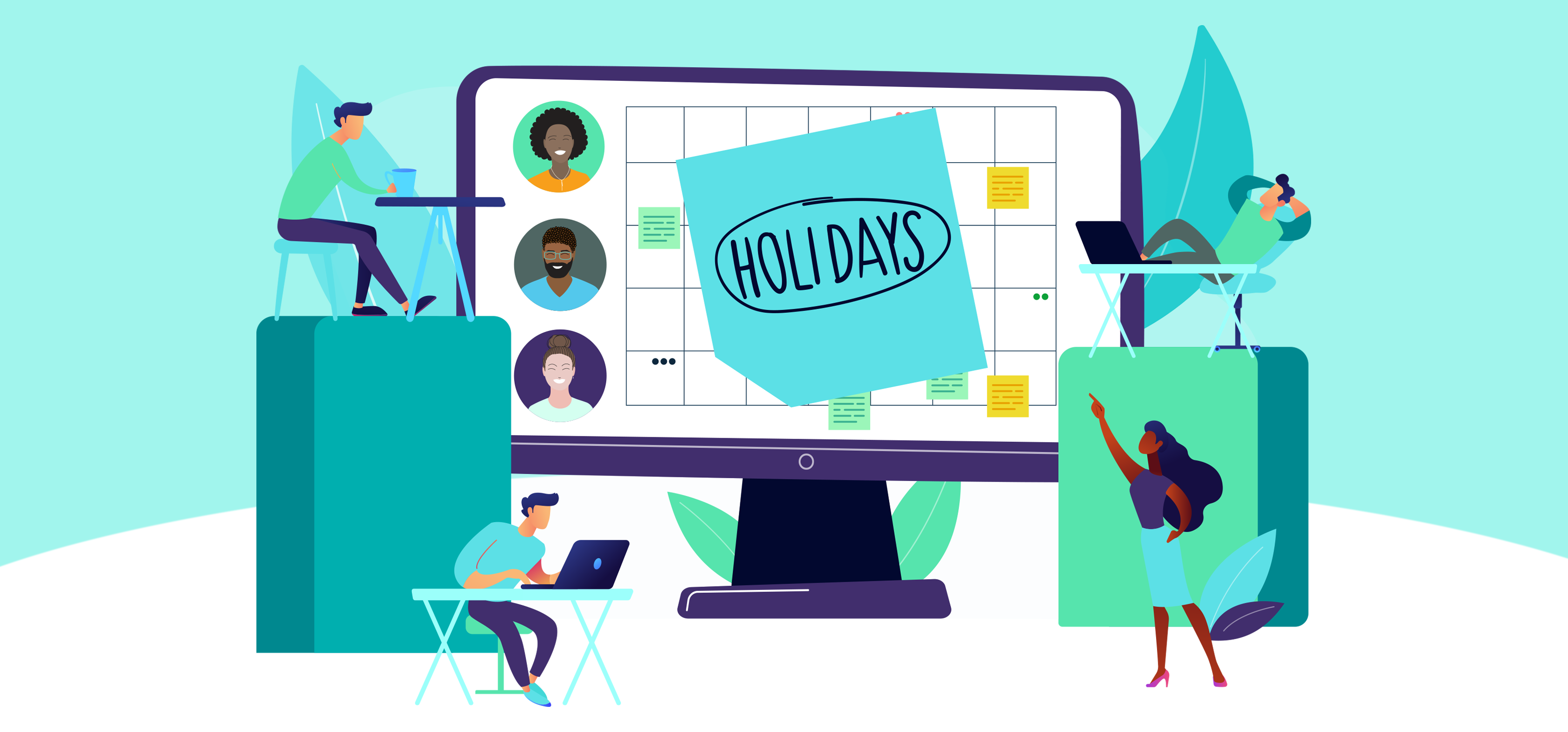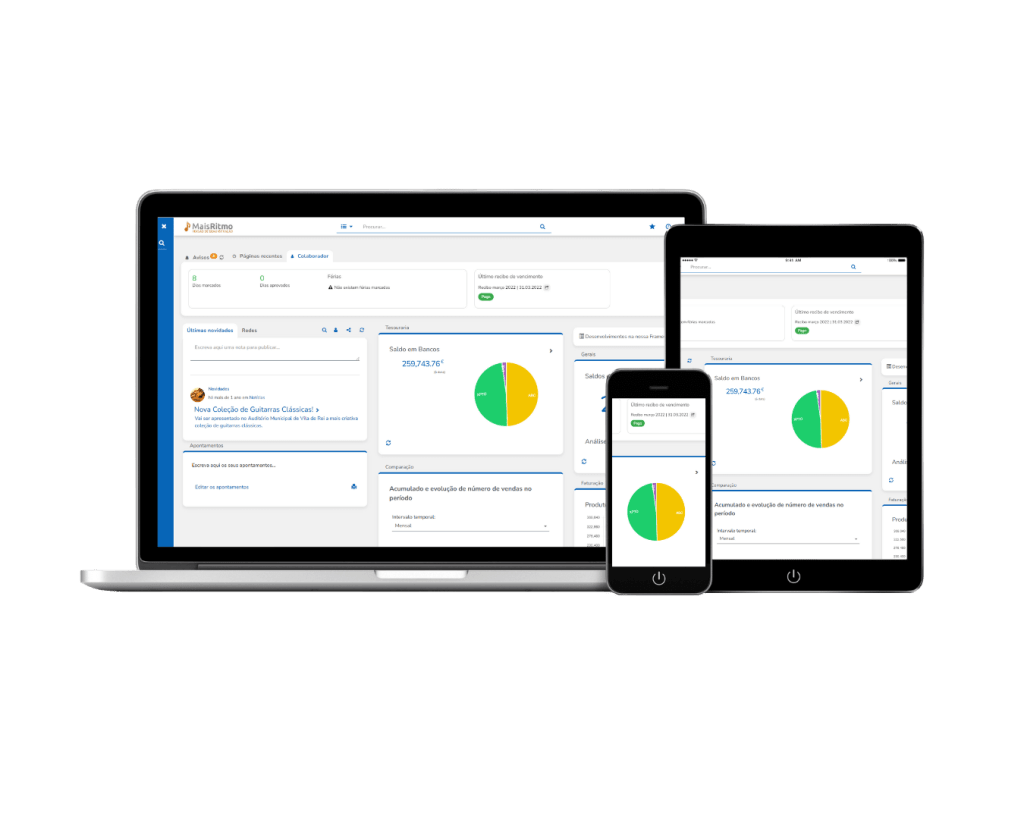Best RemoteIoT Management Software For Streamlined Operations
In today's rapidly evolving technological landscape, remote IoT management software has become indispensable for businesses aiming to optimize their operations. Whether it’s monitoring devices, managing data, or ensuring security, these tools play a pivotal role in driving efficiency. As more companies adopt Internet of Things (IoT) solutions, finding the best remote IoT management software has become a top priority for decision-makers. This article will guide you through the top software options available, helping you make informed decisions.
IoT technology is transforming industries by connecting devices and enabling seamless data exchange. However, managing these interconnected systems remotely can be complex without the right tools. The best remote IoT management software simplifies this process, offering robust features that enhance performance and security.
This article dives deep into the world of remote IoT management software, exploring its benefits, top contenders, and how to choose the right solution for your business needs. By the end, you’ll have a comprehensive understanding of what makes a software platform exceptional and how it can elevate your IoT infrastructure.
Read also:Valvoline Coupon 25 Synthetic Oil Change The Ultimate Guide To Saving Big On Your Cars Maintenance
Table of Contents
- Introduction to Remote IoT Management Software
- Why Remote IoT Management Software Matters
- Key Criteria for Selecting the Best Remote IoT Management Software
- Top Remote IoT Management Software Solutions
- Essential Features of Remote IoT Management Software
- Security Considerations for IoT Management
- Comparing the Best Remote IoT Management Software
- Cost Considerations and Pricing Models
- Steps for Implementing Remote IoT Management Software
- The Future of Remote IoT Management Software
- Conclusion and Next Steps
Introduction to Remote IoT Management Software
Remote IoT management software serves as the backbone of modern IoT ecosystems, enabling businesses to monitor, control, and manage connected devices from anywhere in the world. These platforms provide centralized dashboards, real-time data analytics, and automation capabilities that streamline operations. By leveraging the best remote IoT management software, companies can reduce costs, improve efficiency, and enhance overall system performance.
As the IoT market continues to grow, so does the demand for reliable and scalable management solutions. According to a report by MarketsandMarkets, the global IoT management market is expected to reach $37.5 billion by 2026, growing at a CAGR of 17.5%. This growth underscores the importance of selecting the right software to support your business's IoT initiatives.
Why Remote IoT Management Software Matters
Managing IoT devices manually is not only time-consuming but also prone to errors. Remote IoT management software eliminates these challenges by automating key processes such as device provisioning, firmware updates, and data collection. Here are some reasons why this software is essential:
- Centralized Control: Access and manage all connected devices from a single dashboard.
- Real-Time Monitoring: Track device performance and receive instant alerts for anomalies.
- Scalability: Easily add or remove devices as your IoT network grows.
- Improved Security: Implement robust security protocols to protect sensitive data.
By investing in the best remote IoT management software, businesses can focus on innovation rather than maintenance, driving growth and competitiveness in their respective markets.
Key Criteria for Selecting the Best Remote IoT Management Software
Choosing the right remote IoT management software requires careful consideration of several factors. Below are the key criteria to evaluate:
1. Scalability
The software should support your current IoT infrastructure while being capable of scaling as your business grows. Look for platforms that offer flexible pricing plans and seamless integration with existing systems.
Read also:Unveiling The Mysteries Of June 3 Zodiac Sign A Comprehensive Guide
2. Security Features
Data security is paramount in IoT management. Ensure the software provides encryption, authentication, and regular security updates to safeguard your network.
3. Ease of Use
A user-friendly interface is crucial for maximizing productivity. The best remote IoT management software should offer intuitive dashboards and comprehensive documentation to facilitate quick adoption.
4. Support and Maintenance
Reliable customer support and regular software updates are essential for long-term success. Choose a provider with a proven track record of delivering exceptional support services.
Top Remote IoT Management Software Solutions
Here are three of the best remote IoT management software options available today:
1. AWS IoT Core
AWS IoT Core is a fully managed cloud service that enables secure and reliable communication between IoT devices and the AWS cloud. Key features include:
- Device Gateway for secure messaging.
- Rules Engine for data processing and routing.
- Device Shadow for maintaining state information.
With AWS IoT Core, businesses can build IoT applications that scale to billions of devices and trillions of messages.
2. Microsoft Azure IoT
Microsoft Azure IoT offers a comprehensive suite of tools for managing IoT devices and data. Its key advantages include:
- Integration with Azure Machine Learning for predictive analytics.
- Support for multiple protocols, including MQTT and AMQP.
- Advanced security features such as device authentication and encryption.
Azure IoT is ideal for enterprises looking to leverage AI and machine learning in their IoT strategies.
3. Google Cloud IoT Core
Google Cloud IoT Core provides a robust platform for managing IoT devices at scale. It offers:
- Seamless integration with Google Cloud services like BigQuery and Dataflow.
- Device registry for secure device management.
- Real-time analytics capabilities for actionable insights.
With its focus on data analytics and AI, Google Cloud IoT Core is a top choice for businesses prioritizing data-driven decision-making.
Essential Features of Remote IoT Management Software
When evaluating remote IoT management software, consider the following essential features:
- Device Management: Tools for provisioning, configuring, and monitoring devices.
- Data Analytics: Capabilities for processing and visualizing IoT data.
- Automation: Features for automating routine tasks and workflows.
- Integration: Compatibility with third-party applications and systems.
These features ensure that the software meets your business needs and enhances operational efficiency.
Security Considerations for IoT Management
Security is a critical concern in IoT management. The best remote IoT management software should address the following aspects:
1. Authentication
Implement multi-factor authentication (MFA) to verify user identities and prevent unauthorized access.
2. Encryption
Use end-to-end encryption to protect data transmitted between devices and the cloud.
3. Regular Updates
Ensure the software provider delivers regular security patches and updates to address emerging threats.
Comparing the Best Remote IoT Management Software
To help you make an informed decision, here’s a comparison of the top remote IoT management software:
| Software | Scalability | Security | Ease of Use | Support |
|---|---|---|---|---|
| AWS IoT Core | High | Excellent | Good | Outstanding |
| Microsoft Azure IoT | High | Excellent | Very Good | Very Good |
| Google Cloud IoT Core | High | Excellent | Good | Good |
Each platform has its strengths, so the choice ultimately depends on your specific requirements and preferences.
Cost Considerations and Pricing Models
Pricing for remote IoT management software varies based on factors such as the number of devices, data usage, and additional features. Below are the pricing models for the top contenders:
AWS IoT Core
AWS IoT Core follows a pay-as-you-go model, charging based on the number of messages processed and devices connected.
Microsoft Azure IoT
Azure IoT offers tiered pricing plans, including free, basic, and standard tiers, with pricing increasing as more devices and data are managed.
Google Cloud IoT Core
Google Cloud IoT Core uses a usage-based pricing model, with charges for device connections, message processing, and data storage.
When budgeting for remote IoT management software, consider both upfront costs and potential long-term expenses to ensure affordability.
Steps for Implementing Remote IoT Management Software
Successfully implementing remote IoT management software involves the following steps:
- Assessment: Evaluate your current IoT infrastructure and identify areas for improvement.
- Selection: Choose the software that best aligns with your business needs and budget.
- Integration: Integrate the software with existing systems and devices.
- Training: Provide training to employees on how to use the software effectively.
- Monitoring: Continuously monitor performance and make adjustments as needed.
Following these steps ensures a smooth transition to the new software and maximizes its benefits.
The Future of Remote IoT Management Software
The future of remote IoT management software looks promising, with advancements in AI, machine learning, and edge computing driving innovation. These technologies will enable more intelligent and autonomous IoT systems, reducing the need for human intervention and enhancing overall efficiency.
As the IoT ecosystem expands, software providers will focus on improving security, scalability, and interoperability to meet evolving market demands. Staying updated with the latest trends and developments will help businesses leverage these advancements to their fullest potential.
Conclusion and Next Steps
In conclusion, selecting the best remote IoT management software is crucial for businesses aiming to optimize their IoT operations. By considering key criteria such as scalability, security, and ease of use, you can find a solution that aligns with your needs and drives success.
We encourage you to explore the options discussed in this article and take the next step in enhancing your IoT infrastructure. Don't forget to leave a comment sharing your thoughts or questions, and consider sharing this article with others who might find it valuable. For more insights on IoT and related technologies, explore our other articles on the site.


